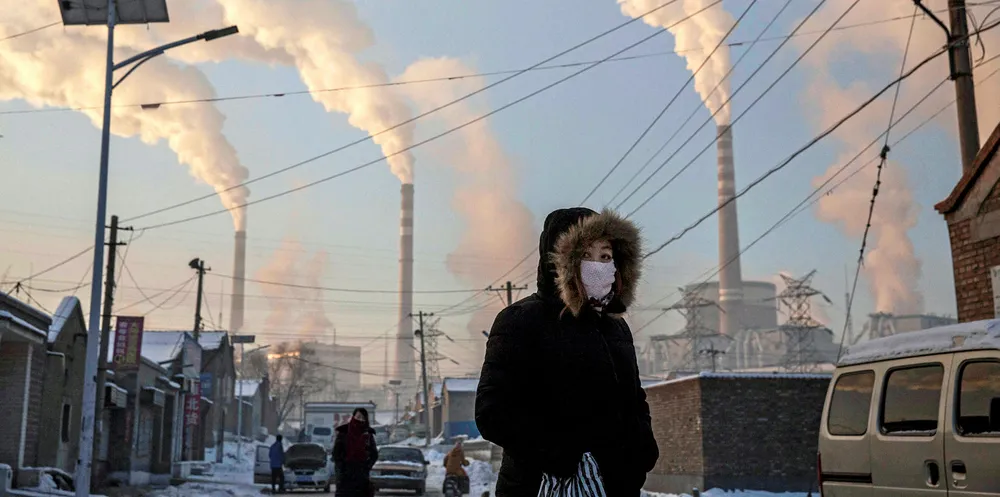'Lights out for Paris': World's utility giants failing climate action test, study claims
Only Orsted, EDP and Enel said to be on track to meet Paris-aligned goals with many players still locked into oil & gas, researchers say

Only Orsted, EDP and Enel said to be on track to meet Paris-aligned goals with many players still locked into oil & gas, researchers say
